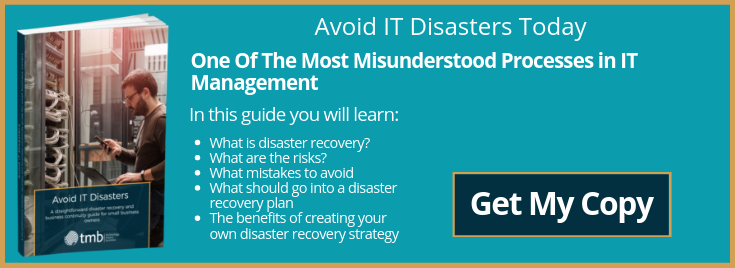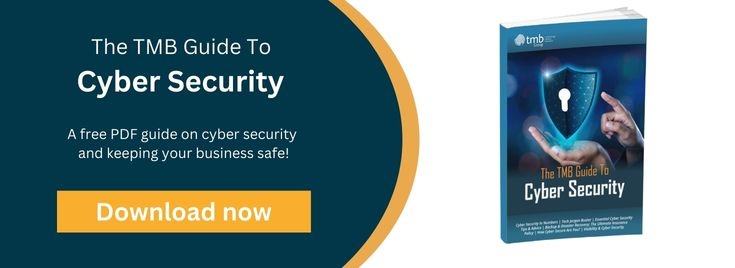Why Device Management Matters To All Businesses
- Anthony
- February 8, 2019
- 12:21 PM
- No Comments
Control who can and can't access valuable data.
Does your business operate some kind of device management policy? If not, you could be leaving yourself open to unnecessary risk from various threats, including malware breaches and rogue employees.

Without a clear idea of which devices are able to access your business’s data, it’s impossible to know where are all your potential vulnerabilities lie. If staff members use their own devices for work, whether they be phones, tablets, desktop PCs or laptops, any one of them could cause problems for you down the line.
For a start, any one of them could bring malware into your business. If you’re not able to control what content these devices can access and download, you can’t prevent your people from making bad security choices.
There’s also nothing to stop staff members from simply walking away with company data and doing what they like with it. They might sell it to a competitor, perhaps, or to cyber criminals. Or they could simply use it to embarrass or damage your company.
Also a problem is lost devices. If someone in your business loses their phone, if it's not secure, anyone who finds it could access it and steal information from it.
Whatever the cause, failing to protect data could also land you in trouble with the Information Commissioner's Office, which could find you for breaching GDPR rules. In one case, BUPA was fined £175,000 after one of its employees stole and sold customers' personal data.
Such threats aren’t limited to personal devices either. If you fail to secure company laptops and phones, they too could cause problems later.
Take Control With Device Management
The first step to solving this problem is to acknowledge that it exists and to start thinking about how it could affect you. Generally, the bigger the business, the more data they’ll have to protect, but even the smallest of companies could be affected.
Next, you need to consider what information people within your business are able to access and on what devices. How much of that data is critical to your business? Could you revoke access easily if you needed to?
If you identify any areas of concern, you should consider a technical solution, such as Microsoft’s Enterprise Mobility + Security suite, which includes various tools that enable you to protect valuable data. A key part of this is Intune, a mobile management application that enables you to enrol devices into your systems, so you can say who can and can’t be part of your network.
Microsoft’s solution can also control what apps can be installed on these devices and can even remotely delete corporate data if needed; it can track which devices are part of the network; and it can define all kinds of permissions that protect your business.
For workers, this can also be advantageous too, as it enables them to use the devices they’re most happy working with, while still remaining secure. This will naturally boost their productivity, thereby providing benefits for the business at large.
Furthermore, you can secure your business with multi-factor authentication, which can also help to limit network and data access only to authorised parties.


